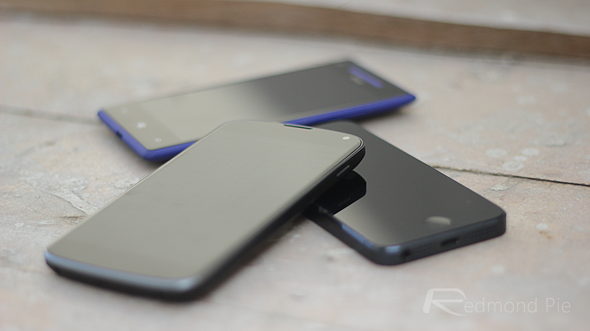The United States House of Representatives has taken the opportunity to unanimously pass a bill that finally declares the act of unlocking a cellphone to be perfectly legal. The bill, which passed through the Senate, overturns last year’s decision to continue to make unlocking cellphones illegal, and is expected to be signed into law by President Obama’s administration.
Consumers within Europe and other territories have found themselves in the privileged position of being able to officially have smartphones unlocked without too much trouble or legal intervention. However, the same can’t be said for those in the United States, with the unlocking process often being clouded with confusion and mystery as to whether it’s actually legal or not.
The “Unlocking Consumer Choice and Wireless Competition Act” may be a bit of a mouthful to remember and repeat, but after passing through Senate and getting the nod to be signed into law, it goes a long way of removing a lot of the mystery and paving the way for consumers to take their smartphones to different networks out of contract.
The “out of contract” caveat is an extremely important one. The bill doesn’t provide consumers with all of the power, but instead attempts to restore an exemption within the rules that had previously made it acceptable for devices to be unlocked. Consumers who purchase a device locked to a specific network, for example Verizon Wireless, on a minimum term contract, will not be able to remove the network restrictions and move to a different carrier during that minimum term. Instead, they will be required to fulfill the terms of the contract before the power of the act actually comes into force to provide them with the ability to unlock the device.
If the Unlocking Consumer Choice and Wireless Competition Act is ultimately signed into law, which it is expected to be, then it could potentially create a path that leads to discussions of extending the privileges to other electronic devices, such as the Apple iPad or competing tablets.
The new bill may not provide consumers with the ultimate power that they desired, but it does fairly represent the end-user as well as the providing network.
That’s got to be a win-win situation.
(Source: PatrickLeahy)
You can follow us on Twitter, add us to your circle on Google+ or like our Facebook page to keep yourself updated on all the latest from Microsoft, Google, Apple and the web.

